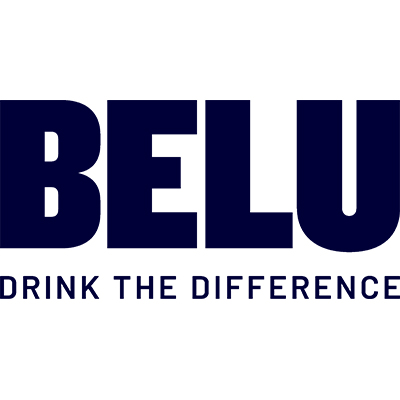
Food contamination can make a packaging non-recyclable. For instance, a clean pizza cardboard box is recyclable. However, when it is contamination with oily food (such as a pizza), the stained cardboard is not recyclable anymore.
Whenever possible, wash or rinse packaging (typically for glass, plastic, and metal packaging) or separate the contaminated parts (typically for paper or cardboard based packaging).
To deal with food contaminated products, it is better to use washable packaging for reuse or recycling. If it is not possible, prioritize using a compostable product that can be thrown along with the rest of the food.
When possible, consider a packaging loop such as Loopedin or Muuse
4% only
of plastic waste is recycled in Singapore. One major hurdle is waste contamination.
(NEA)

Loopedin is an ecotechnology packaging provider which enables food & beverage retailers and corporates to switch from single-use plastic containers to fully-reusable and food-grade recyclable inventories.
Loopedin offers its retail- and corporate clients quality sustainable and reusable packaging inventory management, collection, disposal, and recycling services designed with minimal impact on existing business processes.

Muuse promotes reuse to reduce single-use waste in Singapore. Through their QR-based system, you can borrow and return eco-stylish reusable cups and food boxes to and from 50+ outlets. They're also on GrabFood and foodpanda so you can save on waste the next time you order! To get started, just download the Muuse app.
Muuse is subscription-based but you can sign up for a FREE month trial of Muuse Pro. All first-time users can try out the app before committing to an active monthly or annual plan!

Belu is a sustainable business and social enterprise putting people and the planet first. We provide the workplace and hospitality sectors with sustainable filtered water dispensers to serve hot, chilled, still and sparkling water on tap, along with reusable bottles to reduce waste, energy use and carbon emissions.
As a social enterprise, Belu gives all net profits to WaterAid, the global water NGO, to reach communities worldwide with clean water to drink, and has an SBTI Net Zero Target. We have reduced the carbon intensity of our business by 72% since 2010, and we can supply Scope 3 carbon data for our client partners. Join us to change the way the world sees water.